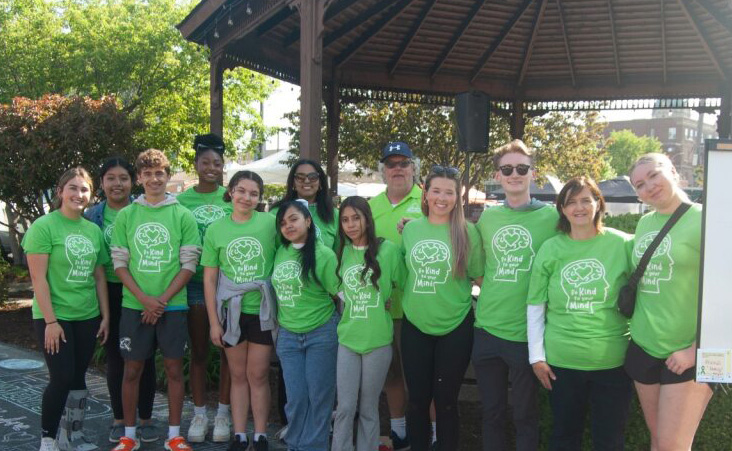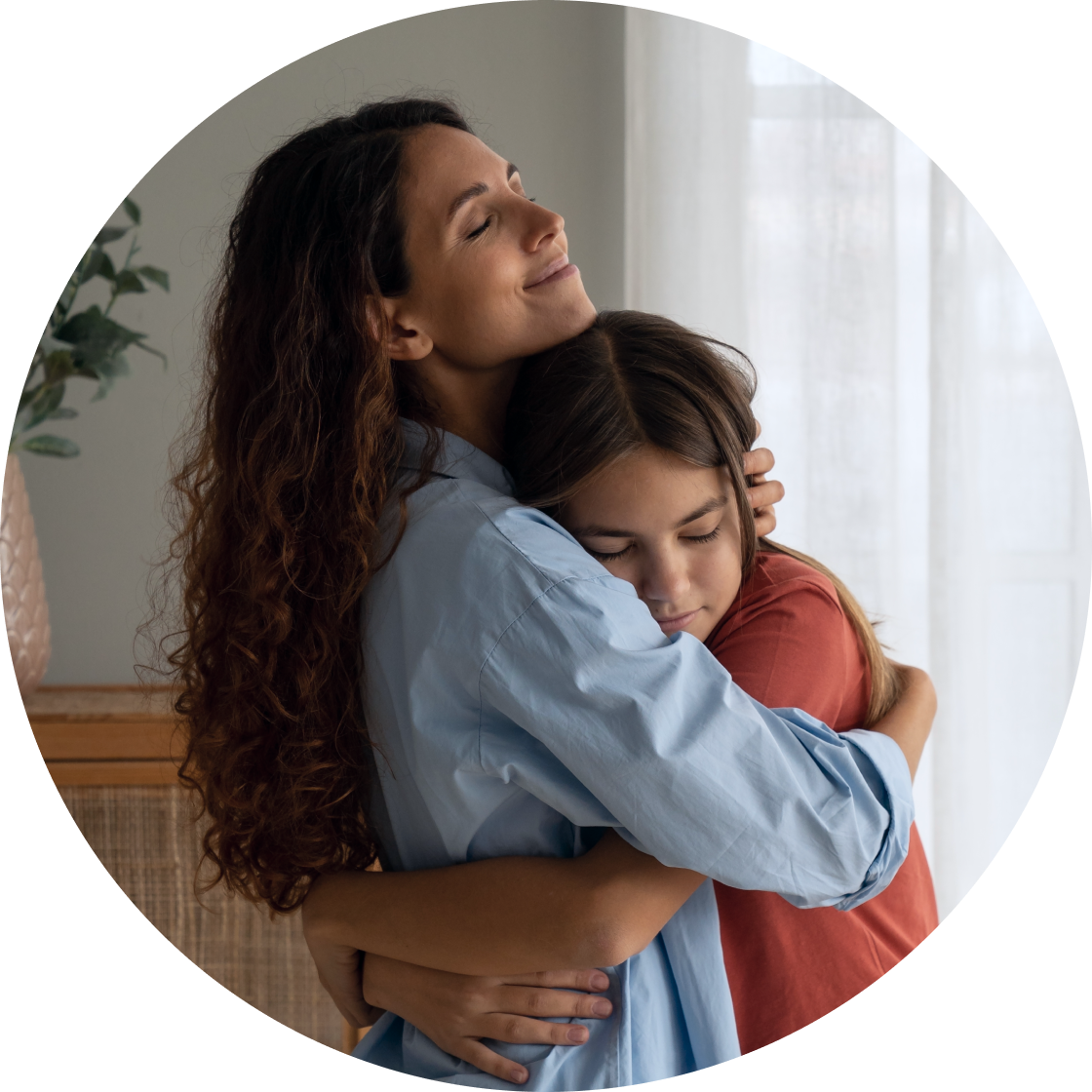Featured Story

From the Community
Pledge for Life Partnership Fights Back Against Medicine Abuse During National Awareness Month
The Pledge for Life Partnership is proud to announce that we were selected as a finalist for CADCA’s Dose of Prevention Award 2024. This year, we were honored to secure the second-place position. In 2017, we achieved first place in this prestigious competition, highlighting our ongoing commitment to raising awareness about medicine misuse and empowering our community with the tools to prevent it.







